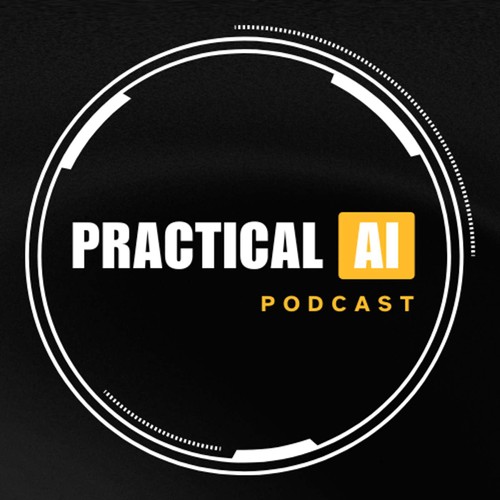
 Practical AI
Practical AI Broccoli AI at its best 🥦
4 snips
Jul 31, 2024 Join Bengsoon Chuah, a data scientist in the energy sector, as he dives into the world of practical AI. He discusses the concept of 'Broccoli AI'—healthy AI for businesses. Bengsoon shares insights on deploying NLP pipelines in on-prem environments and navigating challenges like limited cloud access. He emphasizes the integration of machine learning with existing data and the vital role of subject matter experts in analyzing unstructured data for safety. Get ready for innovative strategies in AI deployment and project management!
AI Snips
Chapters
Transcript
Episode notes
Unstructured Data Opportunity
- Bing Soon joined an energy company as the sole data scientist and needed to demonstrate data science's value.
- He identified vast amounts of unused unstructured data, like safety reports, offering potential insights.
Bootstrapping Labels with SMEs
- Initially lacking labeled data and budget for external labeling, Bing Soon collaborated with domain experts (SMEs).
- These SMEs became labelers, ensuring data quality and understanding of company-specific nuances.
Iterative Labeling and Voting
- Use iterative feedback with labelers and address any disagreements to ensure consistent labeling.
- Implement a voting system to resolve labeling conflicts and achieve consensus on correct labels.

